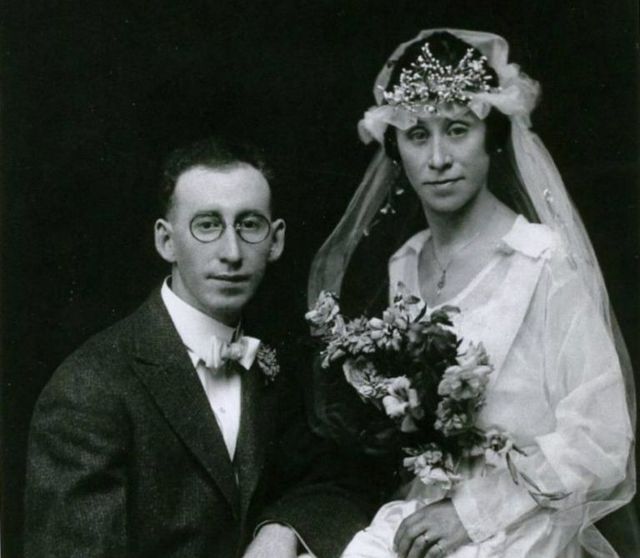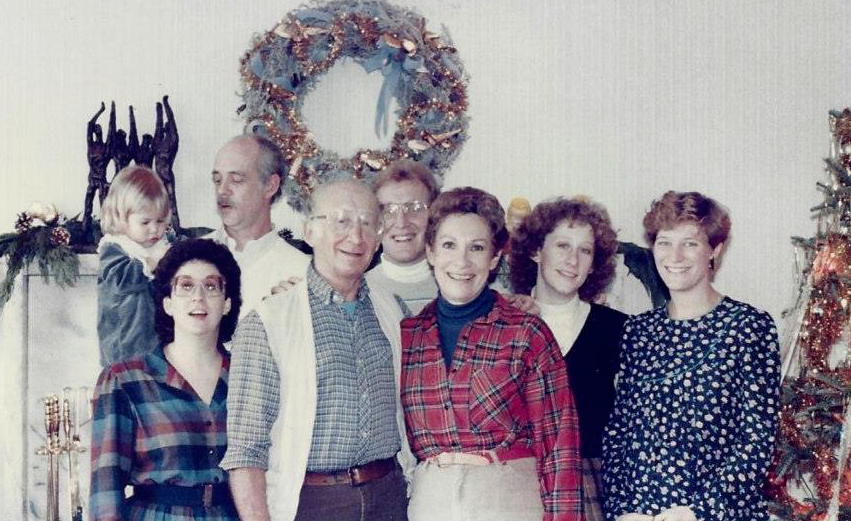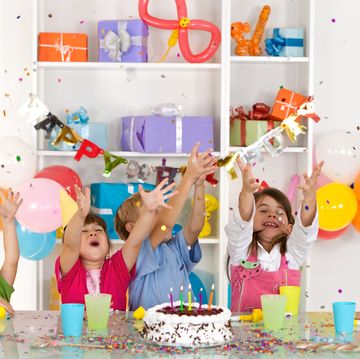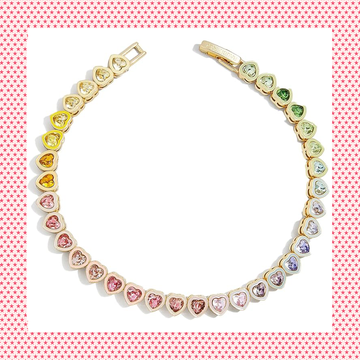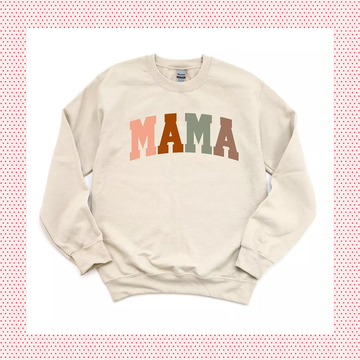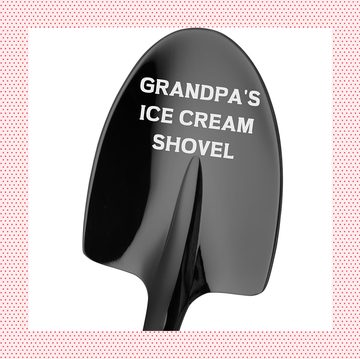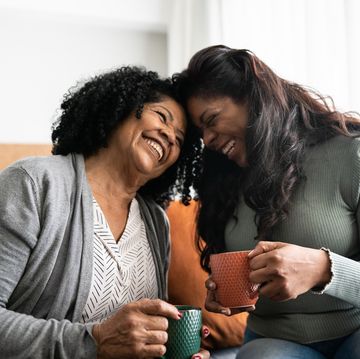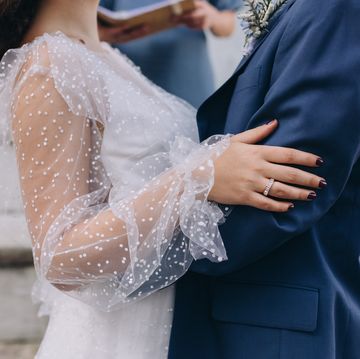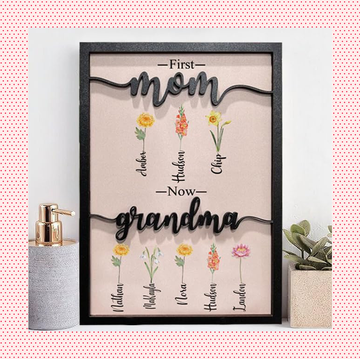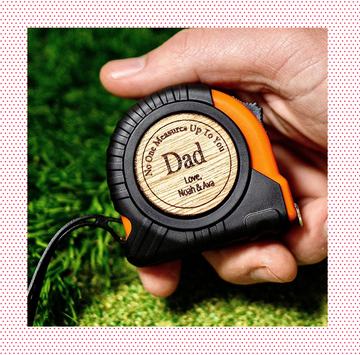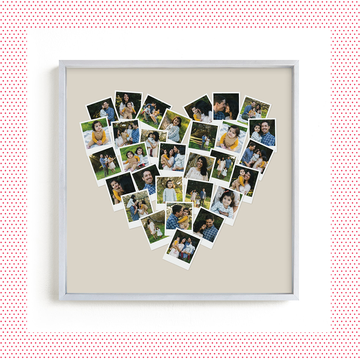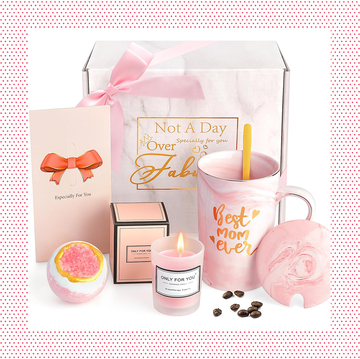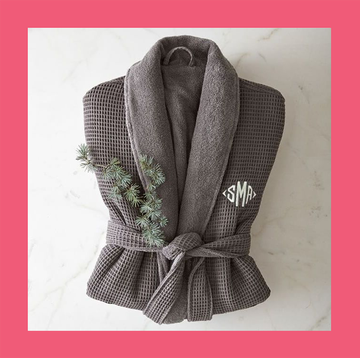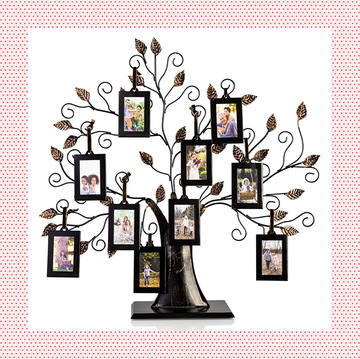My full name is Sara Kathryn, but it's never meant much to me. I'm named after great-grandmothers, black-and-white faces I've seen in photos but whose stories I'd never heard. Beyond their names, I knew almost nothing about great-grandma Sarah and great-grandma Katie, not even where they came from.
When, as a child, I was assigned class projects that required me to trace my family tree, I always hit stumbling blocks. "Where are we from?" I'd asked my maternal grandparents.
My grandfather, a jovial dentist with a penchant for corny jokes and bolo ties, was characteristically upbeat. At this this question, though, he hardened: "We're Jewish," he responded. Every time.
"But Grandpa," I insisted, "That's not a place. Where are we from?"
Despite my protests, he never gave me any other answer. That's all there was to it.
Still, I longed to know more about my family history and what stories our roots told. I never had any sense that my grandparents were keeping secrets; I simply figured they couldn't tell me about our family history because they did not know.
With my grandparents' deaths, I feared that the opportunity to learn our history would be forever lost – but life has a funny way of revealing its secrets just when you need them most.
While going through their belongings after my grandma's funeral, my uncle made a startling discovery: In a file of old documents, he found copies of my grandparents' birth certificates, which bore the full names of their parents – including my grandfather's mother.
We all knew great-grandma Katie had emigrated from someplace in the former Soviet Union, but that was all we knew. She spoke limited English, and no one, my grandfather included, knew even her maiden name. But there, on a yellowing piece of paper that had been tucked in a drawer all these years, was her full name: Katie Roskin.
Occupation: Housewife
Birthplace: Russia
My family sat together in a stunned silence. Learning great-grandma Katie's surname felt like the starter piece in a puzzle we were sure we'd never solve. I took photos of the birth certificates and returned home to Google my heart out, searching for age-old immigration records that might indicate when Katie and her husband Joe came to this country – or, more importantly, where they came from.
Unfortunately, I had no luck – but soon, in an act of coincidence or blessing, another secret revealed itself. A week after my grandmother's death, a distant cousin contacted us to say he was tracing our family's genealogy as part of his master's thesis.
This cousin had translated a letter written to great-grandma Katie in 1935 by her mother; it had long been in the possession of a relative who couldn't read it. The translated letter revealed many details of Katie's life. It told us that before emigrating, her last name had been Suraksi, not Roskin. It told us that her mother, Chana, lived in poverty in a small Polish town called Knyszyn. It told us the names of other relatives and revealed that before the war, Katie's brother had immigrated to Argentina.
And though it didn't say so, it implicitly told us that our family, too, shared the tragic history with which so many Jews can relate: Chana and her entire family, aside from Katie and her brother, were presumed to have been murdered in the Holocaust.
A later email from this newly discovered cousin confirmed that he had recently spoken with Katie's nephew, 82 and living in Buenos Aires, who confirmed that the rest of the family was among Knyszyn's 2,000 murdered Jews.
As an American Jew with no knowledge of my ancestors, I've always been a step removed from the Holocaust. I've known the pain and sadness of being descended from a people who were once the target of genocide, and with no known family of my own, I've walked through the Holocaust Museum with tears in my eyes. I've grieved those who left no one behind to mourn them. At times, though, I've felt guilty for my grief: Who am I to feel such sorrow when I have no personal connections?
Now I know. My family died in the Holocaust, too. Among those nameless faces and those unidentified numbers were my real relatives,whose blood I bear.
It doesn't change me. I remain connected to all those who were murdered and continue to feel that I am their family as well. Having an individualized connection to the Holocaust does not make me somehow more Jewish – and yet, I feel more complete knowing the details of my own family's history, horrible though they may be. Now, when I walk through the Holocaust Museum or watch Schindler's List, I know conclusively that my own flesh and blood died there, too. This history isn't just theoretical; it's personal, too.
My father died when I was young, so I have no knowledge of his family history; so learning all of this about my mom's family was truly the only piece of family history I've ever uncovered, which made it that much more important to me.
I will likely never know much more about my family, but these pieces are enough for me. My name has never meant much to me – until now. I hope I'll be worthy of bearing my great-grandmothers' names and carrying on their bloodlines.
